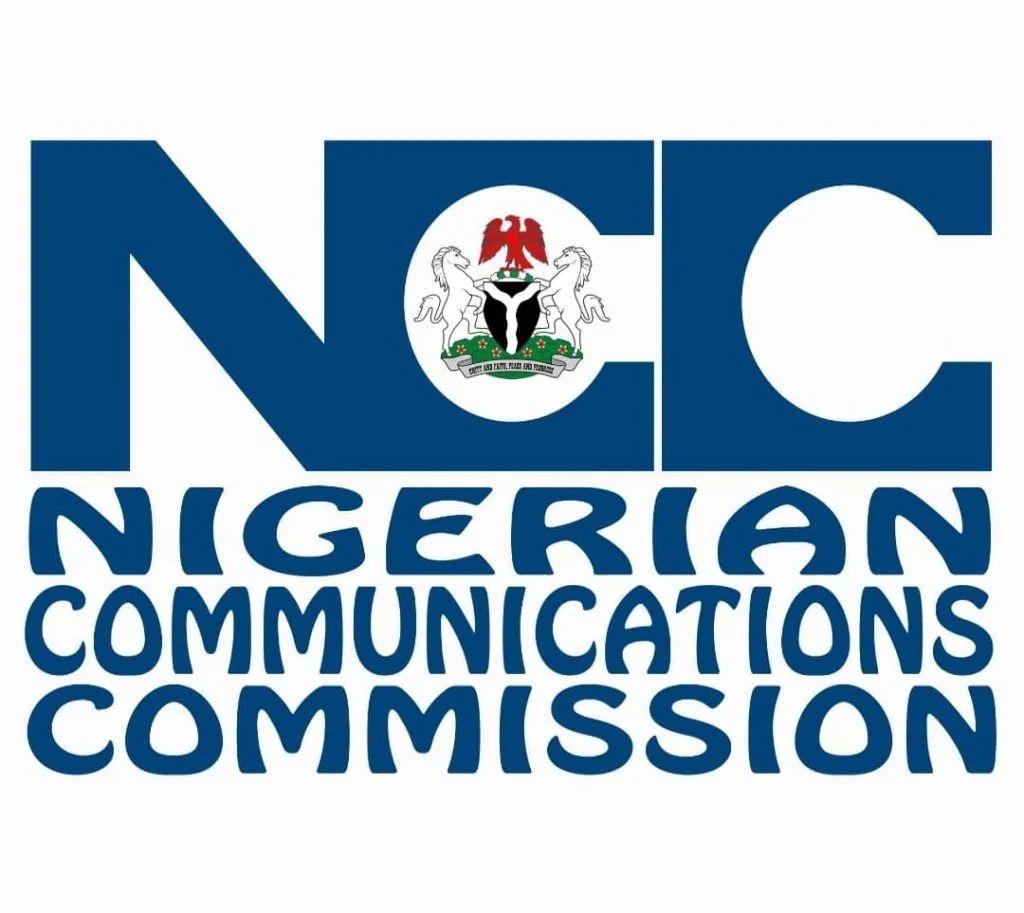The Nigerian Communications Commission (NCC) has renewed its commitment to closing the digital divide in Nigeria’s underserved and unserved regions by engaging key stakeholders in a bid to expand rural internet access.
In collaboration with the Association for Progressive Communications (APC) and other institutional partners, the commission hosted a two-day workshop from June 3 to 4, 2025, in Abuja. The forum focused on developing a policy framework to support community networks and foster inclusive digital connectivity.
Despite several government initiatives—such as the National Broadband Plan and the Rural Telephony Project—over 60 percent of Nigeria’s rural population remains unconnected due to poor infrastructure, limited electricity, and the high cost of telecom deployment.
Addressing participants, the Executive Vice Chairman of the NCC, Dr Aminu Maida—represented by the Executive Commissioner for Technical Services, Abraham Oshadami—said the workshop was a critical step toward achieving digital inclusion across the country.
“This workshop is an opportunity for all of us to harness the expertise, insights, and experiences of diverse stakeholders… to address the critical challenges such as affordable devices, access, licensing, spectrum allocation, infrastructure development, sustainability, and institutional monitoring,” Maida stated in an email to The PUNCH.
The workshop attracted a diverse group of participants including regulators, community leaders, foreign investors, technical experts, and representatives from the Rural Electrification Agency (REA) and the Central Bank of Nigeria (CBN). Discussions centred on dismantling policy and regulatory barriers, encouraging innovative financing, promoting sustainability through renewable energy, and strengthening multi-stakeholder collaboration.
The NCC views community networks as essential to ensuring that every Nigerian—regardless of geographic or economic status—has access to digital tools and opportunities. “The NCC is committed to this journey and views this workshop as a catalyst for meaningful change,” Maida noted.
Kathleen Diga, co-manager of APC’s Local Networks initiative, emphasized the need for grassroots-driven approaches to tackle digital exclusion. “This is a space where we can exchange ideas and explore possibilities that will remain in realising the values of a diversified ecosystem,” she said.
The Universal Service Provision Fund (USPF), administered by the NCC, continues to play a pivotal role in financing rural connectivity efforts. Through programmes such as the Rural Broadband Initiative, the fund has helped deploy high-speed broadband to remote communities, along with supporting digital education platforms, e-libraries, and e-health centres.
In a major move earlier this year, the federal government approved the rollout of 7,000 new telecom towers across rural Nigeria. The project aims to reduce the unconnected population from 61 percent to 20 percent by 2027, with expectations of significant improvements in financial inclusion, e-commerce, and public service delivery.
Diga highlighted the impact of community networks in the Global South, noting that local groups, cooperatives, and small enterprises are well-positioned to address digital access gaps. “This workshop presents a moment in time where we can explore bottom-up approaches… which are strategic responses to digital exclusion,” she added.
Key presentations during the workshop were delivered by the NCC, APC, REA, and CBN, laying the groundwork for a comprehensive policy blueprint aimed at enabling sustainable rural internet access in Nigeria.
APC, a global network with over three decades of experience, continues to advocate for inclusive digital access through initiatives like LocNet, which focuses on promoting community-centric policies and digital rights in underserved areas.

This initiative by the NCC is a commendable step towards bridging the digital divide in Nigeria. It’s encouraging to see the focus on rural areas, which have long been neglected in terms of connectivity. The collaboration with APC and other stakeholders shows a holistic approach to tackling the issue. However, I wonder how the proposed policies will address the persistent challenges of poor infrastructure and high deployment costs. Will there be specific timelines or measurable targets to track progress? Also, how will the involvement of community leaders ensure that solutions are tailored to local needs? It’s crucial that these efforts lead to tangible outcomes rather than just discussions. What are the next steps after this workshop, and how can the public stay informed about the progress?
We have integrated libersave into our regional voucher system. It’s amazing how easily it allows us to bundle various providers on a single platform.
Thank you for your thoughtful feedback and insightful questions. You’ve highlighted some of the most important aspects of the initiative. Indeed, bridging Nigeria’s digital divide requires not only robust policy frameworks but also practical implementation strategies that address on-ground realities such as infrastructure gaps and deployment costs.
The NCC, in collaboration with key partners including APC and community stakeholders, is working towards setting measurable milestones to ensure accountability and transparency. Community leaders play a vital role in aligning these solutions with local contexts ensuring that connectivity initiatives truly meet the needs of the people they’re designed to serve.
Regarding the next steps, the outcomes of this workshop will feed directly into a comprehensive action plan, with periodic updates and progress reports shared through official NCC communication channels.
And that’s fantastic news about your integration of Libersave into your regional voucher system it’s a great example of how innovative platforms can drive inclusion and make multi-provider access simpler and more efficient.